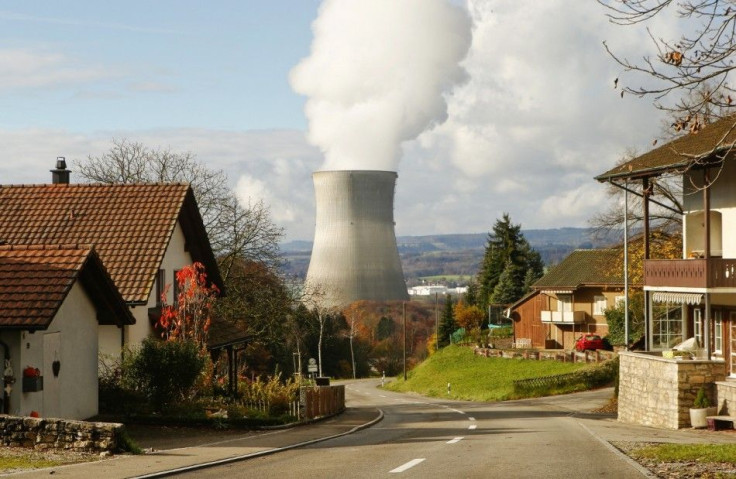Russia, India To Expand Number of Nuclear Energy Units

Russia has agreed to India's request to expand the number of nuclear energy units it is supposed to construct in the country, 20 to 24 from the initial 14 to 16 units. India made the request based on its growing energy demand.
Russian President Vladimir Putin is expected in India on Thursday for the 15th Annual India-Russia Summit. Observers believed the two countries, with India led by Prime Minister Narendra Modi, will likely come out with a road map for cooperation in the energy sector.
India is the world's third largest oil importer, behind the United States and China. It purchases its oil mainly from the Middle East. Russia, meantime, controls the world's second-biggest natural gas reserves. Its alleged involvement with the Ukraine crisis has risked its economic stability. Now faced with pile loads of sanctions slapped by the U.S. and its allies in the West, Russia is in dire need of expanding energy links with Asian nations.
ITAR News said the countries will start negotiating the construction of a fifth and sixth nuclear reactors at the Kudankulam nuclear plant soon, citing Russian ambassador Alexander Kadakin. It was also mentioned an agreement for the construction of the same plant's third and fourth nuclear reactors will be signed during Mr Putin's visit.
The deal on the Kudankulam nuclear power plant, near Chennnai in the southern Indian state of Tamil Nadu, was first signed in 1988 by then Indian Prime Minister Rajiv Gandhi and former Soviet leader Mikhail Gorbachev. But the collapse of the Soviet Union occurred, prompting the delay of the plant's construction which only started on 2002.
During Mr Putin's visit, the two countries will also talk about the Fifth-Generation Fighter Aircraft Programme. India uses up to 70 percent of the Russian military hardware. The Russian leader is believed to seek India's commitment not to go to the United States for defence purchases. Portal dnaindia.com, citing unnamed observers, reported India will ask for a counter-commitment, that Russia not to boost its defence ties with arch rival Pakistan.
Kadakin assured India that Russia's frame work agreement with Pakistan does not envisage any immediate supply of military equipment. Russia and Pakistan have defense and military cooperation agreement, which entails the sale of Russian Mi-35 combat helicopters to Pakistan. "Never ever will Russia do anything to the detriment to the security of India, a close and old friend," he said.





















